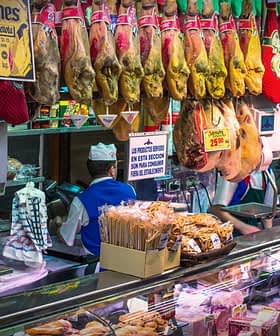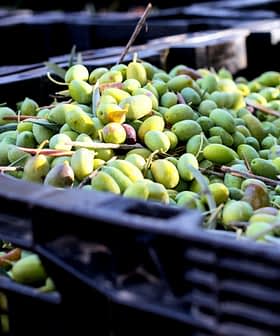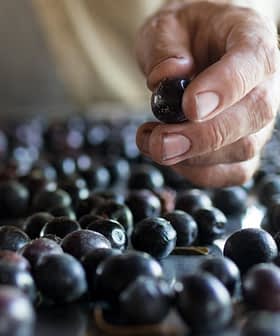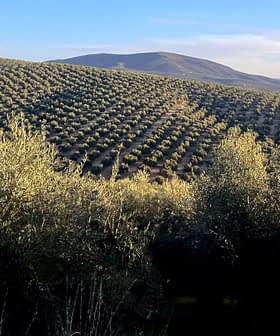Europe Allows Cooperatives in Spain to Regulate Supply
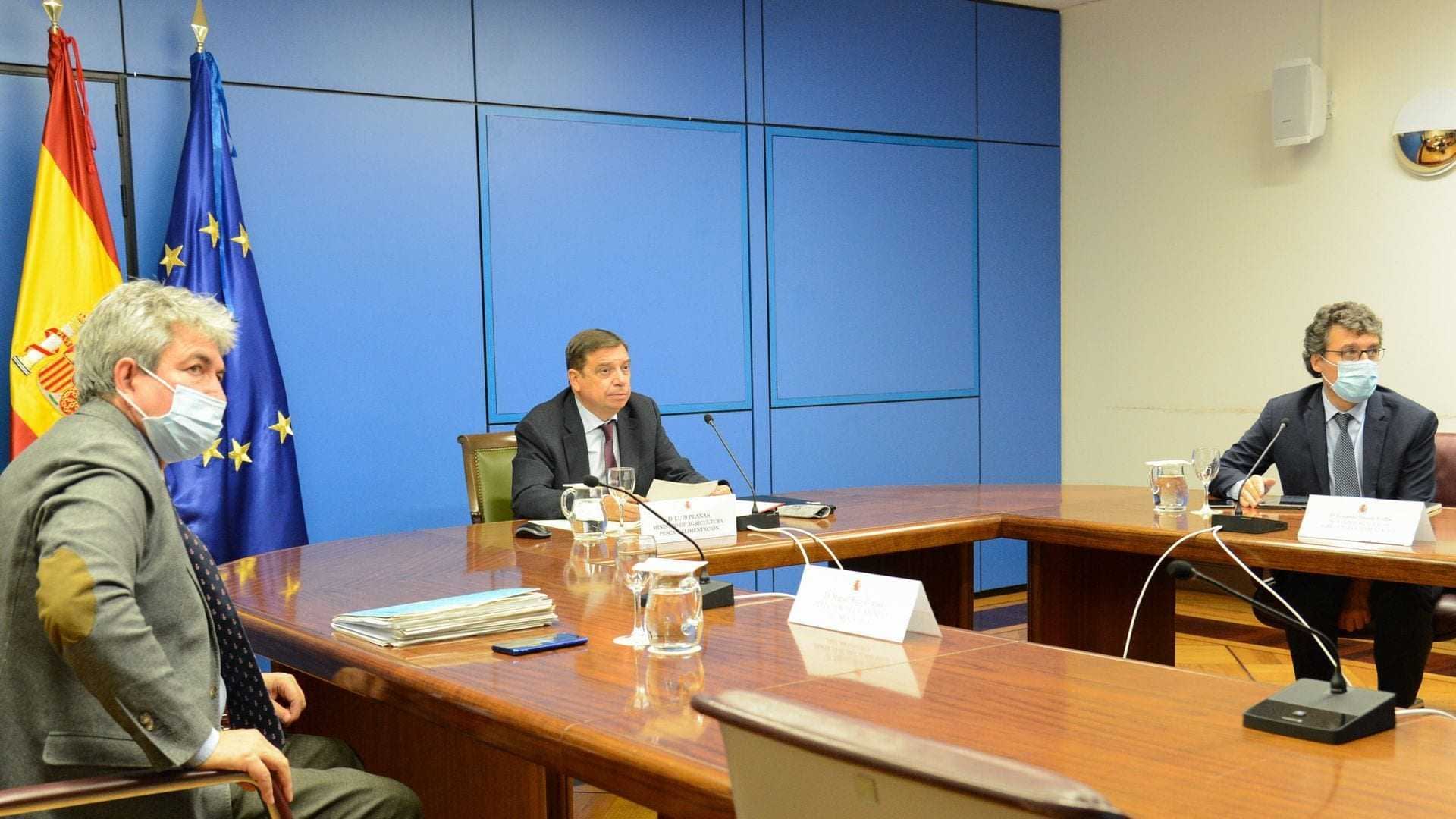
The European Commission has approved Spanish olive oil cooperatives to self-regulate by withdrawing surplus oil from the market during times of oversupply, as proposed by Cooperativas Agro-alimentarias. This decision will be included in the E.U.‘s Common Market Organization regulation and is part of a broader effort by the Spanish government to support olive oil producers through various measures.
Spanish olive oil cooperatives have been given the green light to voluntarily self-regulate by the European Commission.
The move will allow members of Spain’s main agricultural cooperative, Cooperativas Agro-alimentarias, to withdraw surplus olive oil from the market during years in which production outstrips demand and exports.
See Also:Olive Oil Consumption Set to Outpace Production For a ChangeThe announcement came after a meeting of European Union agricultural ministers and will be formally codified into the Common Market Organization (CMO) regulation of the E.U.’s pending Common Agricultural Policy.
“Spain’s Cooperativas Agro-alimentarias has obtained the approval of its proposal for voluntary self-regulation in the olive oil sector by the European Commission,” the cooperative wrote in a statement on its website, adding that the decision “would allow its member cooperatives to reach agreements for a product withdrawal from the market, provided that the specific circumstances of each campaign make it necessary.”
However, officials from Cooperativas Agro-alimentarias, which represents 3,600 different cooperatives and boasts more than one million members, hinted that the new ruling would not be a tool of first resort for cooperatives seeking to increase persistently low olive oil prices.
“The approved mechanism could be activated in those surplus campaigns, in which the product availability far exceeds the volume of olive oil that is capable of being absorbed, always attending to the specific market situation at all times,” the cooperative said.
Self-regulation was just one of several measures introduced by Luis Planas, the Spanish minister of agriculture, at the meeting that are meant to support olive oil producers.
The others included promoting early harvesting, increasing the amount of organic olive groves in the country and improving labeling for traditionally-produced oils.


